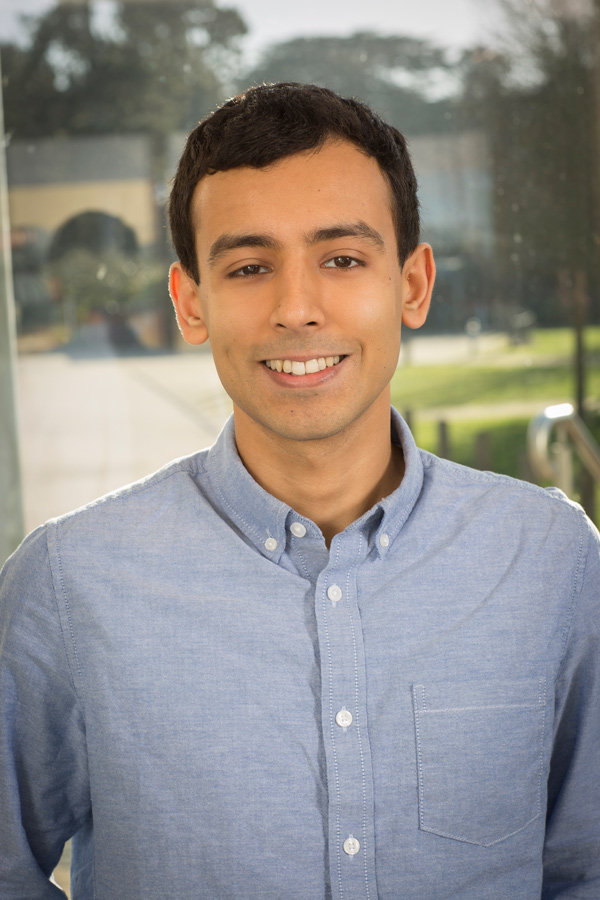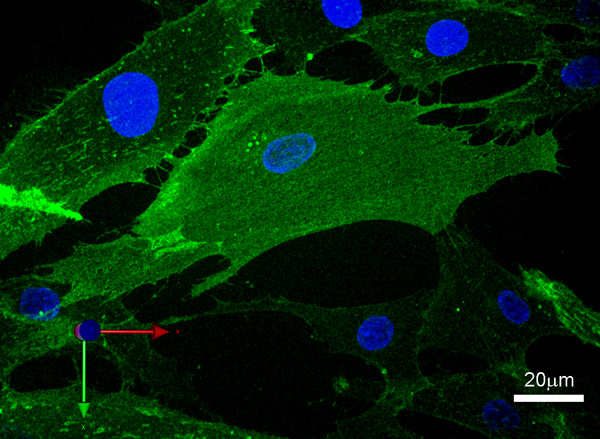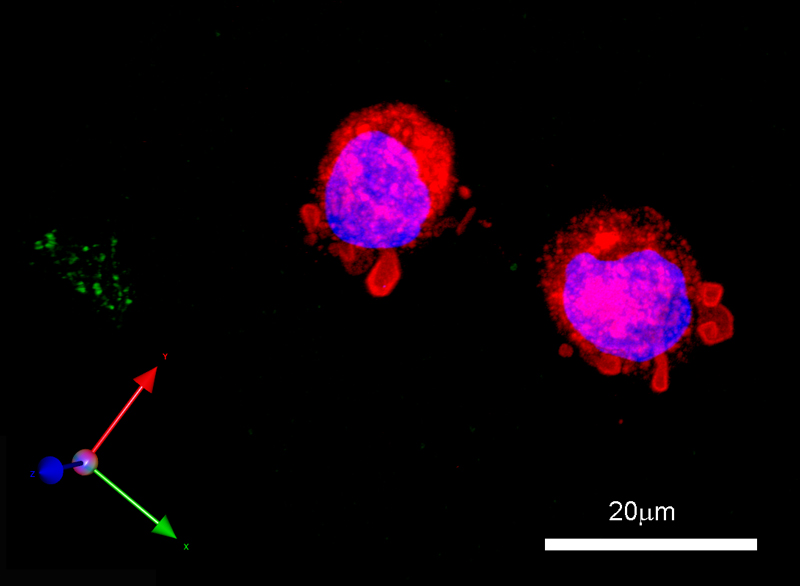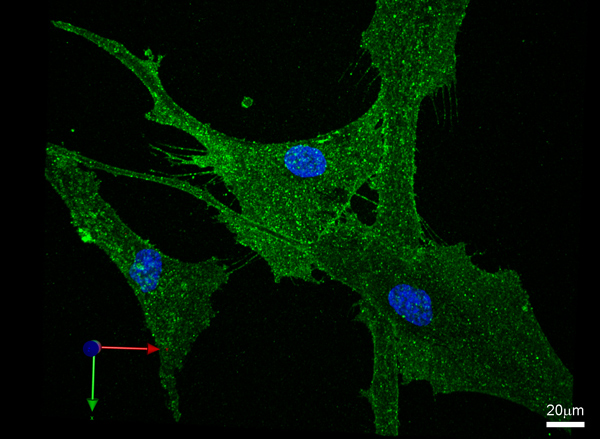53 with the skin of a 23-year-old: Is skin cell rejuvenation the future of anti-ageing?
The year 2022 will be remembered for many things—for having a record-breaking three UK Prime Ministers, the England women’s national football team (also known as the Lionesses) winning the Women’s EURO, and Queen Elizabeth II’s Platinum Jubilee in June being followed by Her Majesty’s passing in September, to name but a few.
Even the beauty industry saw an extraordinary event occur, whereby researchers found a way to reverse ageing. Yes, you read that right—scientists at the Babraham Institute in Cambridge have been able to transform a 53-year-old’s skin cells into that of a 23-year-old’s. So, is the clock finally turning back time on ageing? Let’s take a closer look.
The research behind the science
SCREENSHOT spoke to Doctor Diljeet Gill of the Babraham Institute, who told us that stem cell reprogramming—the process of converting cells into embryonic-like stem cells—is already known to rejuvenate cells. However, it also causes cells to lose their cell type and their ability to perform functions. In other words, up until now, cells could be rejuvenated, but they weren’t able to do anything.

“Our research aimed to determine if the reprogramming process could be carried out transiently and whether this would promote rejuvenation while maintaining the cell type,” Dr Gill explained. “We developed a new method (called Maturation Phase Transient Reprogramming) where cells are reprogrammed up to the middle stage of the reprogramming process, and then stopped. This enabled cells to reacquire their original cell type, while rejuvenating multiple attributes by approximately 30 years.”
In this regard, Dr Gill’s team found that more collagen was created, cuts and wounds healed faster, and even witnessed a reverse of ageing in the genes associated with skin conditions and diseases.



Before you get too excited about this possible future anti-ageing process, there are some complications to be ironed out first. The factors that aid the reprogramming of the skin cells can also promote the formation of cancers if they are continuously formed, with Dr Gill expressing that long-term safety and stability is paramount to the research. “Further development of our method will be required so that the reprogramming is safely provided to the cells,” he shared.
What does this research mean for the future of dermatology?
Doctor Iqra Ashraf, an NHS dermatology registrar and trainee representative at the British Association of Dermatologists, thinks that the research holds a promising future for dermatology, although it’s still very much in its early stages.
“There are several potential applications for rejuvenated skin cells in surgical and cosmetic dermatology,” she told SCREENSHOT. “The reprogrammed cells may be used to promote faster wound healing postoperatively, in the management of burns or for treatment of skin conditions such as chronic ulcers, as these tend to heal slowly during the natural ageing process.”
Think about what this research could do to help burn victims, such as TV presenter and activist Katie Piper, who has had more than 400 surgeries, and dancer and model Abbie Quinnen, who suffered second-degree burns on her face and third-degree burns on her body after being caught in a horror fire accident trying to make a ‘life hack’ TikTok video back in January 2021.
The research method could also be applied to other cell types in order to help treat different areas of the body, with Dr Gill giving the example of rejuvenated liver cells being used to treat liver disease—leading to a world of new possibilities in the beauty, health, and cosmetic sectors.
What can I do to reduce the effects of ageing?
If you want to take matters into your own hands and maintain healthy, youthful-looking skin, Faye Purcell, product development chemist and skincare expert at British beauty brand Q+A, clarified that maintaining collagen levels is key to anti-ageing.
“Collagen is a primary protein that acts like scaffolding in the dermis, helping to maintain a healthy epidermis. Once we reach early adulthood, our collagen production decreases by 1 per cent per year. While this is a slow decline, it means that our face starts to look less plump and youthful and by old age, skin can look thin, start to sag and experience more wrinkles,” she added.
Thanks, but no thanks. So what can we do to keep a tight hold of our collagen? Purcell explained that lifestyle choices such as smoking, a poor diet, UV light exposure, and pollution can all have a negative impact on our collagen levels. One easy thing you can do right now is to start wearing sunscreen every day—yep, even in the winter, as there are always UV rays hitting your skin, which will help to prevent premature ageing. Factor 30 and above is a great place to start.
When it comes to skincare, Purcell added that we should use products that are rich in antioxidants as these help to combat free radicals on the skin, and also highlighted peptides as a great addition to your skincare routine.
“Peptides are made of amino acids, which act as building blocks to form proteins that can significantly increase collagen production,” she commented. “Look for ingredients that stimulate collagen production, instead of just looking for collagen on an ingredient list.” The reason why? Collagen molecules are large, too large in fact to be absorbed by the skin, and so smaller molecules will benefit you most as they can penetrate the skin to stimulate collagen production.
There’s no doubt that collagen is the key factor in anti-ageing, and given that this ground-breaking research has been shown to create more of it, as well as turn back the clock 30 years, is an incredible result.
Dr Ashraf affirmed that she is excited to see what this research will mean for dermatology in future years. “Research in the field of skin cell rejuvenation is ever advancing and I think that this will become much more common in the future as new technologies evolve, and further progress and development in this area is made.”





